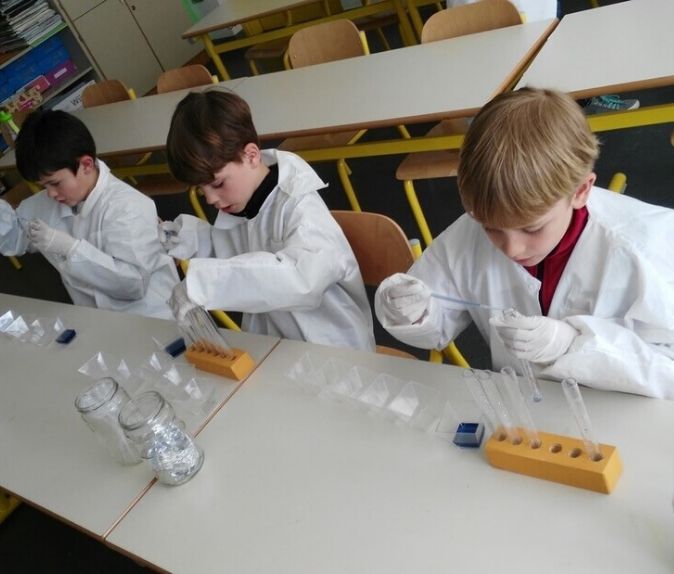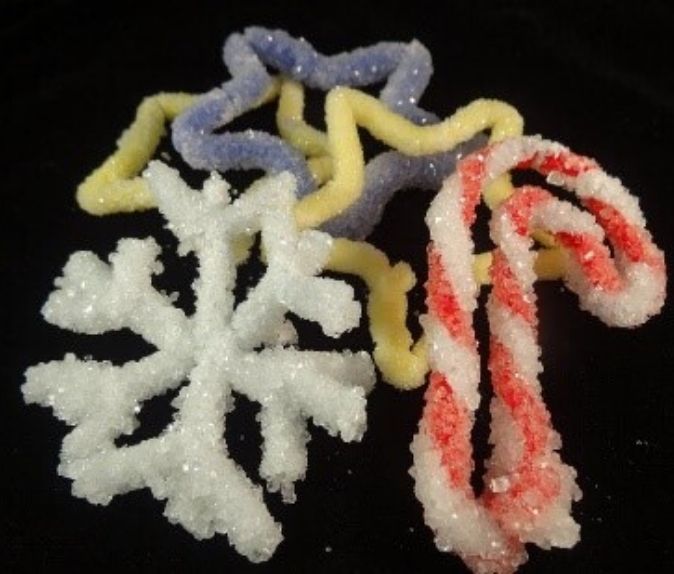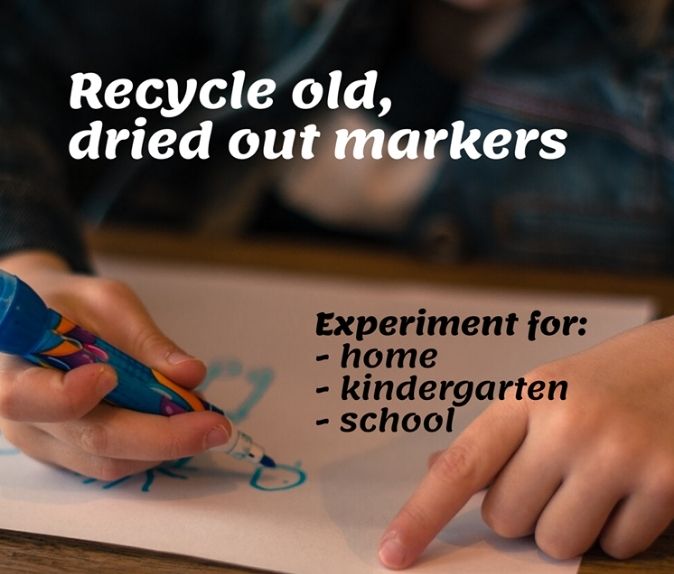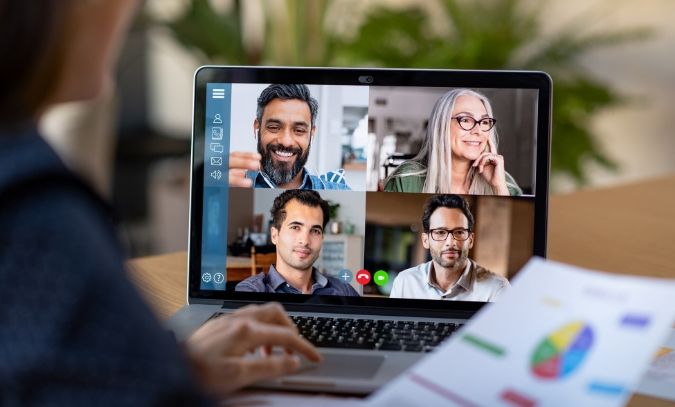STEM for Primary and Secondary School: When Complicated Becomes Fun and Easily UnderstandableLearn how to put children in active role of scientific inquisition, experimentation, and critical thinking.
Erasmus+ course summary
Science is all around and inside you, that is why children should discover it with your guidance and help. This course allows the participants to familiarise themselves with up-to-date science and learn how to transfer this knowledge to primary school children. It offers answers to questions such as: why is science important for everyone, what benefits children gain by learning science early in their lives, how to teach science through fun, yet educational hands-on experiments etc. An important take away message of the course is that science should not be a complicated and difficult for children, but a subject that boosts their curiosity, creativity and critical thinking. "Science and everyday life cannot and should not be separated." – Rosalind Franklin
Session dates
|
FeaturesRelated |
Little curious minds – experts in scientific thinking
Practice inquiry based learning by showing science to your students in everyday life.
Course Content
PROGRAMME DAY-BY-DAY
Training usually takes place between 9:00 am and 14:00 pm, followed by after-class activities, that are optional.
DAY 1 Introductory meeting, explanation of practical arrangements, presentation of timetable, information about course We start off with an introductory meeting, explanation of practical arrangements and presentation of the participants and timetable. The participants are encouraged to express their expectations, needs and wishes regarding the content of the programme and learning methods. * We continue with the introduction to science and science myths, the importance of science education for all, why science literacy matters and the importance of primary school science education. Developing children’s ability to learn how to learn. DAY 2 Important scientific equation: Science = play = children like to play = children learn. How to include icebreakers into the science lessons – never stop wondering. The structure of science lessons for children, mimicking the real science workflow. Welcome to our world – how do our science clubs look like. DAY 3 Visiting the House of experiments in Ljubljana to try out some of the experiments designed for children. Half-day excursion. DAY 4 Examples and hands-on activities of our science club lessons with written lesson plans (e.g. potato battery – the electricity lesson; the magical invisible gases; discovering the proprioception sense with Wobble detector; our senses – the sensors of our bodies; the secret behind levitation; the spy device and rays of light; build and test a sound gun). Teaching children to develop a scientific mind and attitude. Teaching the skills of scientific inquiry processes. Educational benefits of self-explanation and teaching of critical thinking. DAY 5 On-line database of articles about science for kids – kids with up-to-date knowledge. Emphasizing effort, not innate talent - intelligence is influenced by effort. Creative low cost in class science experiments. Hands-on work on some of the experiments, designed to be conducted in the classroom. Outdoors experiments. Challenges in teaching science through hands-on experiments. The analysis of gained knowledge and skills and key learning points are discussed as well as planning the follow up activities, dissemination and implementation of learning outcomes. DAY 6 Evaluation and farewell. Documentation and certificates of attendance. * Some changes in the programme are possible - the content of the course is always adapted to the participants previous knowledge, expectations and requirements. The participants receive the Informational Booklet a few weeks prior to the start of the course. |
ERASMUS+ COURSES BY PRIMERA
Learn why science education is important for everyone and why science literacy matters.
BLOGS
Read about the trainer and topics you will learn during the Science Course.
INTERNATIONAL ERASMUS+ LEARNING WITH PRIMERA
Become a member of Primera's international learning community.
Your network is a family you choose. |
ERASMUS+ COURSES BY PRIMERA
Explore how children can benefit from learning science at young age. |








